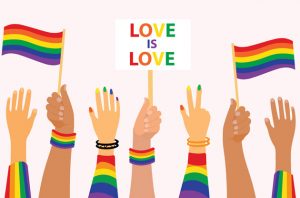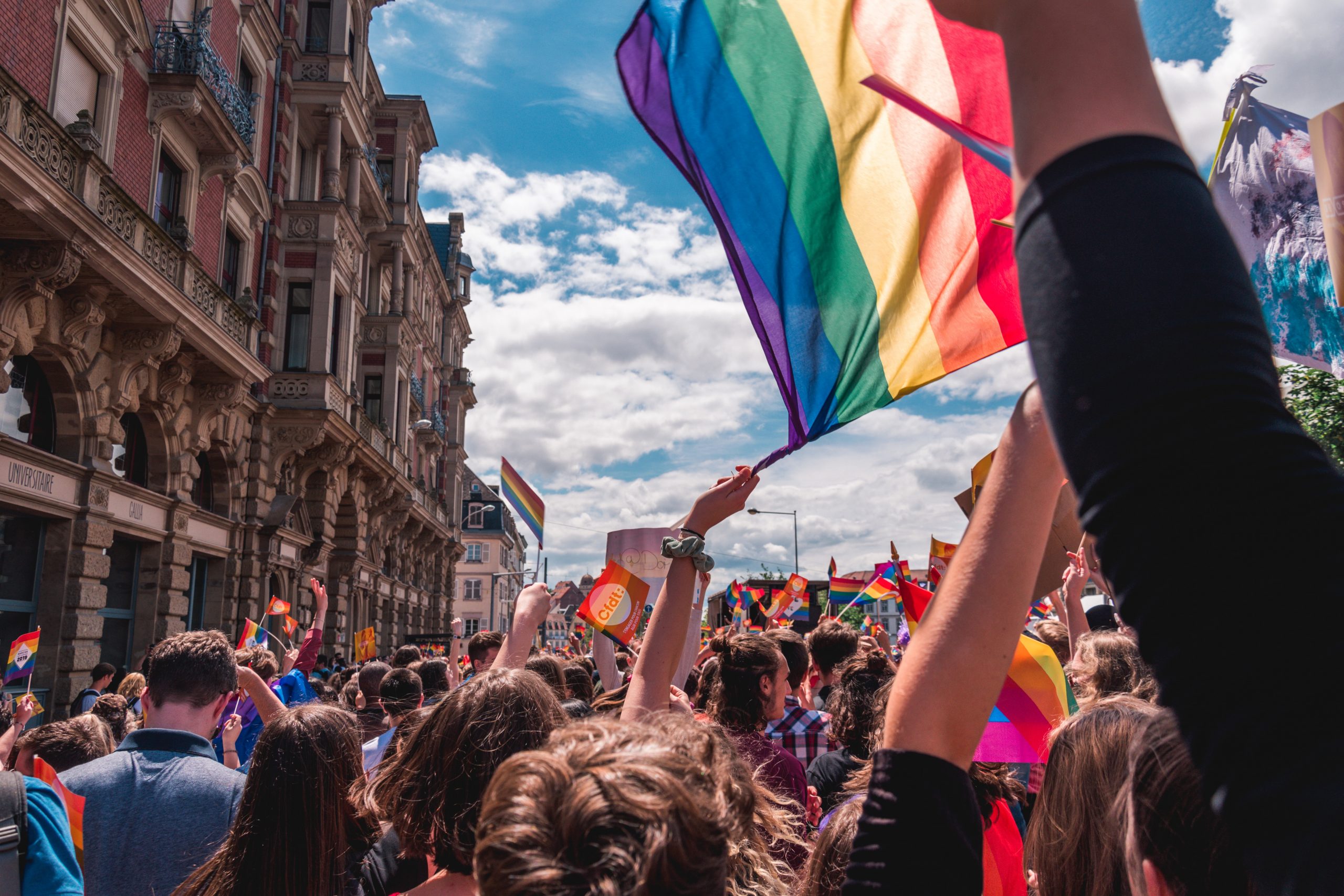Pride was a riot. Do you know where this phrase originated from? It alludes to the 1969 Stonewall Riot which set the stage for the first Pride March on the 1st anniversary of the riot on June 28th. In the decades since, Pride has evolved from marches to parades, events, calls to action, remembrance vigils to honor and remember those lost because of hate and indifference. It has also inspired decadent, exuberant celebrations and expressions of LGBTQIA+ joy.
As therapists, allies, and those in the eating disorder recovery community, it is especially important to work toward elevating trans and gender non-conforming (GNC) joy. We know that eating disorders disproportionately impact trans and GNC youth (and LGBTQIA+ community as a whole).
And while trans and GNC bodies have always been under attack, conservative campaigns have ramped up the hate leading to increased attempts to suppress rights to bodily autonomy.
I have no reservations in asserting these attacks will increase and exacerbate the experience of body image distress and disordered eating behaviors in our trans and GNC community. We must support not only health at every size but health in every gender. Elevating trans and GNC is one way to fight against the systems that oppress.
So what can we do to support, uplift, and elevate trans and GNC joy? Below are a few ways you can help.
How to support the trans & GNC community:
- Support and donate to your local LGBTQIA+ organizations.
- Follow, like, and share to elevate trans and GNC voices on social media.
- Attend Pride events as a supportive ally witnessing and helping to ensure the continued free expression of joy.
- The body is political – get involved in solidifying everyone’s right to bodily autonomy. Write your representatives, support organizations that fight for body autonomy and universal civil rights.

For therapists/SW/Care providers:
- Talk to your clients about their experiences! Do not be afraid to ask questions and make space for your clients to explore their complex and multifaceted experiences in queer bodies.
- Look for gender-affirming care CE’s and seek training provided BY trans/GNC/members of the LGBTQIA+ community.
- Use the correct pronouns and terms ALWAYS including in documentation and when speaking to other care providers.
- Advocate for inclusivity in your workplace including noting pronouns, expansive language on forms, and gender nonspecific bathrooms.
Lastly, for resources in the Bay Area and across the country, check out our resource list here. We hope that you take pride in supporting those in the LGBTQIA+ community!
If you are interested in learning more about how a clinician can support you, reach out to us today!
Written by Cora Keene, LMFT, CCTP II
Cora is experienced in treating eating and exercise disorders. She also enjoys supporting people experiencing significant life transitions, grief and loss, couples and families, substance use, and LGBTQI+ considerations.


